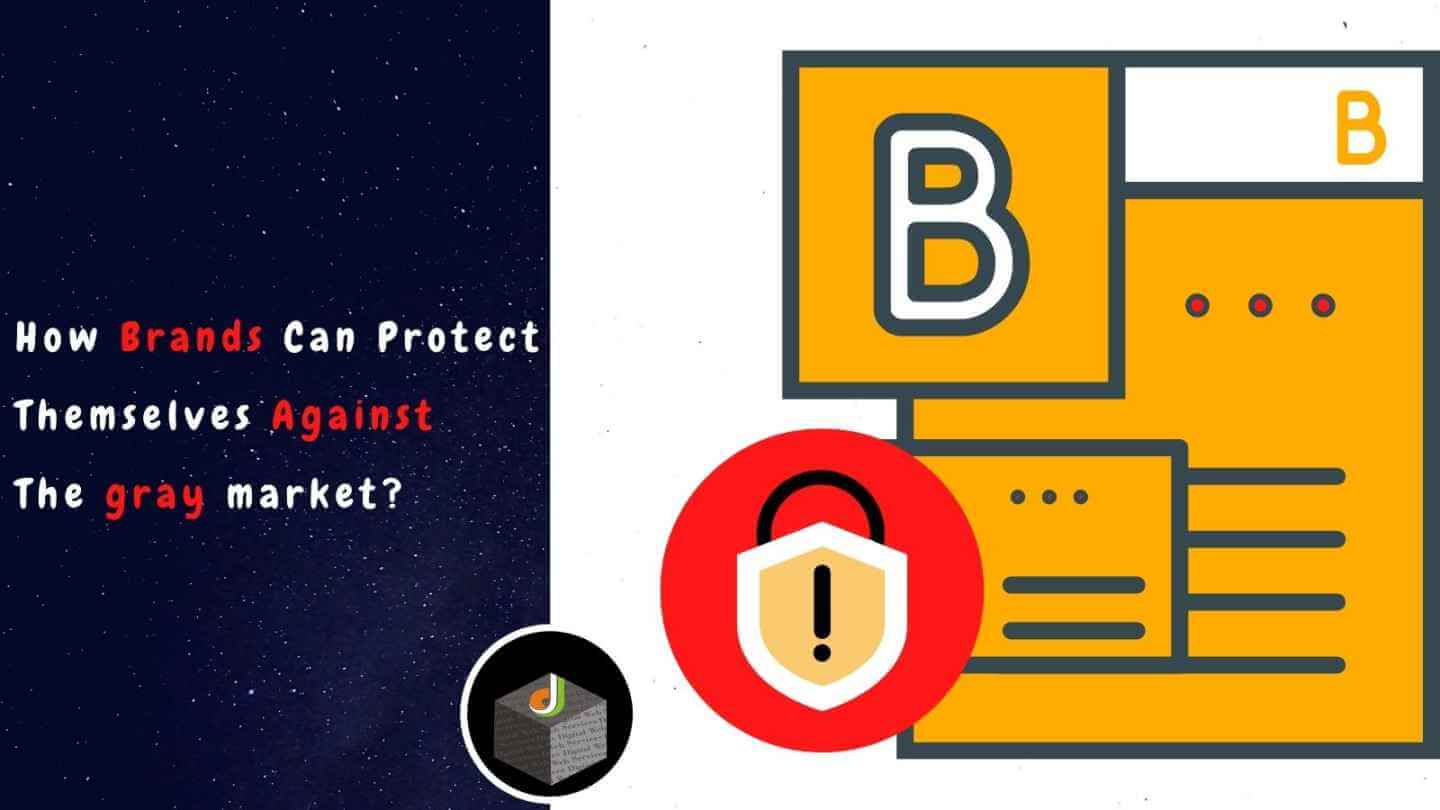
One of the most nerve-wracking issues that brands often have to deal with is the gray market. It can cost brands a significant amount of money and time. The Alliance for Gray Market Counterfeit [AGMA] conducted a study in 2008 to determine the damage caused by the gray market. It found that the damage to technology products alone averaged $58 billion. This is a significant amount.
Before we look at how brands can protect themselves against the gray market, we need to understand the gray market.
What is a Gray Market?
The gray market is a distribution channel that is not authorized by the brand or manufacturer of that particular product. Gray market goods are usually sold by unauthorized retailers that may otherwise appear reputable and trustworthy to consumers. They often target high-value consumer products such as alcohol, spirits, perfumes, luxury apparel, pharmaceuticals, etc.
There is no physical gray market where a brand sales representative can drive up to and see who is selling their products. Instead, the gray market includes any retailer selling a legitimate good, but they acquired that particular good by unauthorized means. This may be through a rogue distributor, stolen goods, liquidated stock, etc.
For brands or manufacturers, stopping gray market sellers may not be as easy as it appears because they don’t have control over every distribution channel, and they may not also know who their sellers are. After all, we don’t live in a perfect place. Fortunately, there are a number of ways brands and manufacturers can protect themselves against the gray market.
How Brands Can Protect Themselves Against Gray Market
There is a clear need for online brand protection services for manufacturers and brands to combat this challenge and avoid any damage to their image. Here are steps brands can take to prevent gray market:
1. Identify unauthorized retailers
You can only stop what you know. So if you want to fight and stop gray market, you must first know where and what is. This is where your sales data comes in handy. The best way you can identify a gray market retailer is through a skeptically low price. You need to monitor prices across all your distribution channels for any alarm. After that, you can pinpoint a retailer whose prices are extremely low. They might have obtained your products through unauthorized means, meaning they may be part of the gray market.
2. Educate your consumers
The next crucial step to avoiding the gray market is educating your consumers. Consumer education is a perfect tool that any brand should utilize. While it cannot combat all of your gray market problems, but it will certainly help. You need to educate your consumers about where they should shop and why they should shop there. However, you shouldn’t be too specific with your reasoning behind this. Most consumers don’t really care about authorized or unauthorized sellers or the gray market itself. When you emphasize to your consumers who your retail partners are and where your products are available, it will be pretty easy for them to locate and buy your brand, hence reducing the chances of buying from a gray market retailer.
3. Take the gray market retailers to court
In some situations, a lawsuit may be the only step for brands or manufacturers to protect themselves against the gray market. In a situation like this, the brand will have to look for a reputable law firm experienced with trademark concerns or unauthorized retailers. To help build your case, you need to have records on your authorized distribution channels, unauthorized retailers, and minimum advertised price [MAP] violations.
Digital Web Services (DWS) is a leading IT company specializing in Software Development, Web Application Development, Website Designing, and Digital Marketing. Here are providing all kinds of services and solutions for the digital transformation of any business and website.










